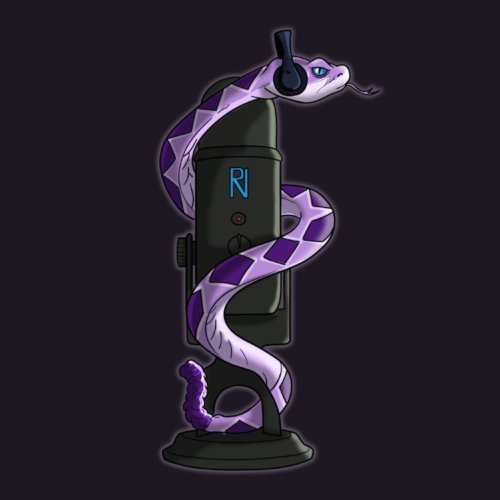Still Me, But Not The Same | 1
A year ago, I started the podcast When Life Gives You Parkinson’s. I had been diagnosed a year earlier, on August 17, 2017, with Young Onset Parkinson’s Disease at the age of 45. I can feel the disease progressing.
I update my co-host Niki Reitmayer on my symptoms. In the last six months, I continue to have trouble getting a good night’s sleep, I’m now battling day time fatigue. I have long stretches of numbness and pain from neuropathy in my feet, increased body pains, anxiety, hot flashes, and unplanned weight loss. Maybe most concerning for me is that my wife Rebecca has noticed my personality is changing.
As I talk to others with Parkinson’s, “shift in personality” is not an uncommon observation. The spouses of BBC TV and radio writer, producer and comedian Paul Mayhew Archer, American Ninja Warrior Jimmy Choi and Amazing Race Canada winner Tim Hague all noticed personality shifts.
Personality shifts in people with Parkinson’s can be triggered by many different things including; increased fears and loss of control of one’s life, medication side effects, depression, pain, anxiety, fatigue and missed or incorrect dosages of medication.
Our partners at Parkinson Canada offer the following advice when a person with Parkinson’s begins demonstrating more aggressive behavior, which occurs more subtly in the initial years and is more pronounced in late stages of Parkinson’s especially when accompanies by dementia.
- Stay calm.
- Review the PD medication schedule to see if a dose has been missed or taken incorrectly.
- Give the person space to cool down. Try to leave about 5 feet between you.
- Ask what is troubling the person so that you can identify the cause of the emotion and behaviour. • Listen to the person. Resist arguing or being confrontational, but provide reassurance. For example, “I know it is really frustrating when you can’t control what is happening…”
- Speak slowly, and in a clear, confident, and reassuring voice. Raising your voice may escalate the situation.
- Redirect the person to focus away from the issue causing aggression. Offer to take a walk, or do a calming activity together.
- If your safety is threatened, leave the situation, and return after a few minutes.
Thank you for listening. Add your voice to the show and leave a message for us here; https://www.speakpipe.com/WhenLifeGivesYouParkinsons
Follow me, Larry Gifford
Twitter: @ParkinsonsPod
Facebook: Facebook.com/ParkinsonsPod
Instagram: @parkinsonspod
Follow Co-host and Producer Niki Reitmeyer
Twitter: @Niki_Reitmayer
Thank you to…
Paul Mayhew Archer http://mayhew-archer.com/
Tim & Sheryl Hague http://uturnparkinsons.org/
Jimmy Choi https://www.facebook.com/jcfoxninja/
Naomi Casiro BSc. (Kin), MPT, Certified PWR https://www.neurofitbc.com/
Henry Gifford
Rebecca Gifford
For more info on our presenting partner Parkinson Canada head to http://www.parkinson.ca/
The toll free hotline 1-800-565-3000
Or follow them on Twitter
Parkinson Canada @ParkinsonCanada
Thanks also to our content and promotional partners
Parkinson’s IQ + You– A free, series of Parkinson’s events from the Michael J. Fox Foundation
Spotlight YOPD – The only Parkinson’s organization dedicated to raising awareness for Young Onset Parkinson’s disease and funds for the Cure Parkinson’s Trust.
































